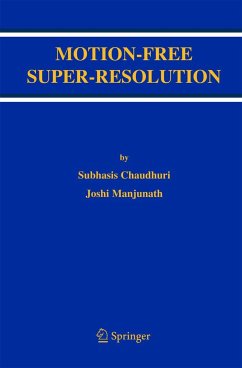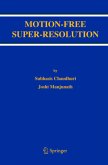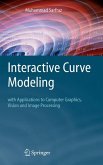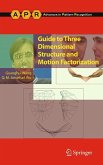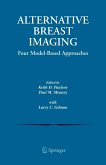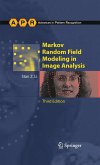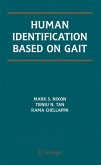Motion-Free Super-Resolution is a compilation of very recent work on various methods of generating super-resolution (SR) images from a set of low-resolution images. The current literature on this topic deals primarily with the use of motion cues for the purpose of generating SR images. These cues have, it is shown, their advantages and disadvantages. In contrast, this book shows that cues other than motion can also be used for the same purpose, and addresses both the merits and demerits of these new techniques.
Motion-Free Super-Resolution supersedes much of the lead author's previous edited volume, "Super-Resolution Imaging," and includes an up-to-date account of the latest research efforts in this fast-moving field. This sequel also features a style of presentation closer to that of a textbook, with an emphasis on teaching and explanation rather than scholarly presentation.
Motion-Free Super-Resolution supersedes much of the lead author's previous edited volume, "Super-Resolution Imaging," and includes an up-to-date account of the latest research efforts in this fast-moving field. This sequel also features a style of presentation closer to that of a textbook, with an emphasis on teaching and explanation rather than scholarly presentation.
From the reviews: "The authors introduce us to motionless or motion-free methods for super-resolution in this book. ... is written clearly, and presents its core topics in well-organized chapters. ... The basic theory of each chapter is clearly presented, and is developed in a step-by-step fashion that makes it easy to follow. This will be a good starting point for researchers who want to get involve in image super-resolution. I believe experienced researchers will also find this book useful for seeing the overall picture of the super-resolution problem." (Fatih Kurugollu, Computing Reviews, November, 2005)

